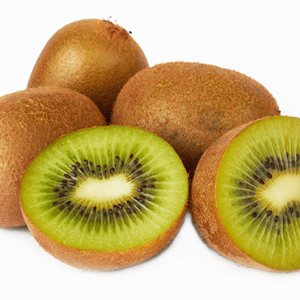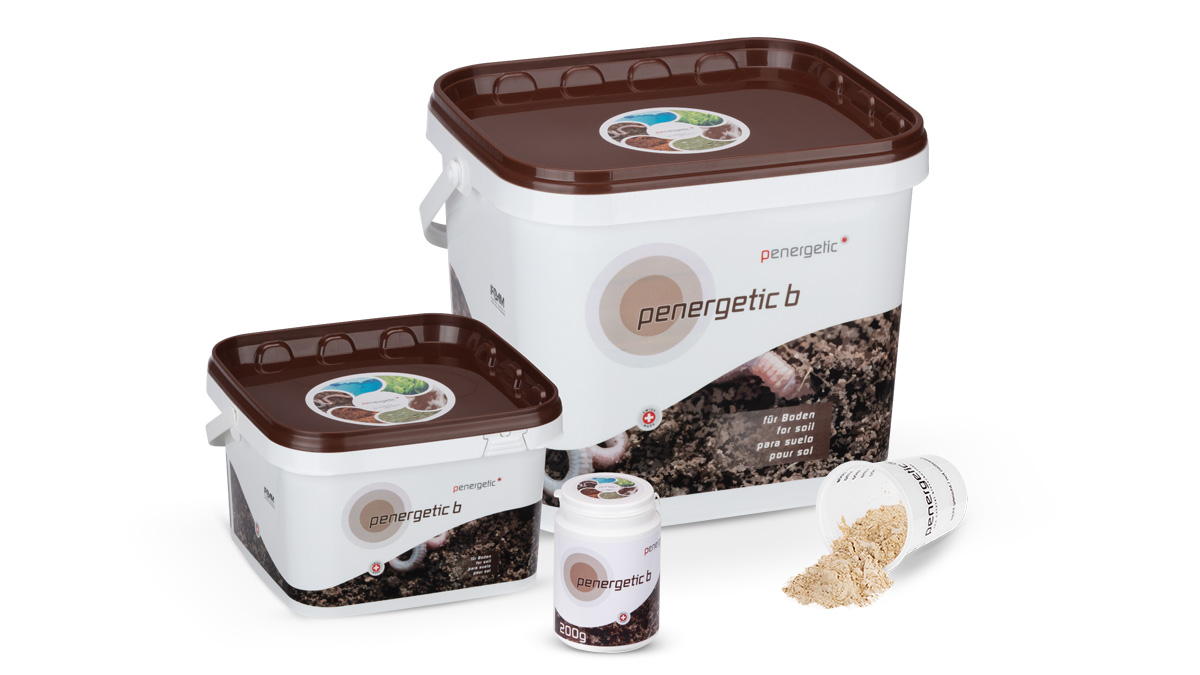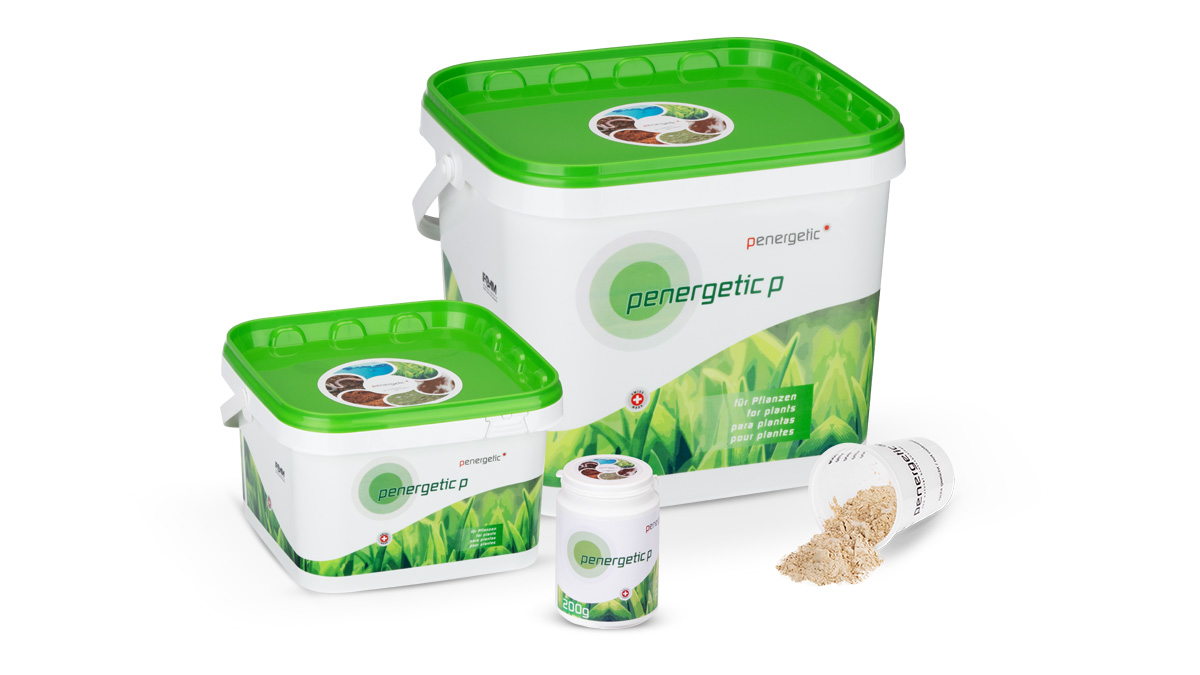
Soil ecosystem as basis for agricultural production.
Gerusa Pauli Kist Steffen & Ricardo Bemfica Steffen
Knowing that agriculture is fundamental for the maintenance of life, and that the agricultural sector depends directly on the soil for the support and continuity of all forms of life, directs us towards a greater understanding of the soil.
Importance of biodiversity in ecosystems for agriculture
Biodiversity in ecosystems, especially in the soil ecosystem, is the basis of agricultural production. Furthermore, the rapid response of microbial processes and community structure to physical, chemical and biological changes in an ecosystem is at the heart of soil quality.
It is necessary, to understand that, although the macro and micro elements used in agriculture are essential for the development of plants and fundamental for obtaining the expected yields, the formulations to which these elements are available have a saline effect on the soil, resulting in decreased microbial activity and reduced interactions between the living fraction of the soil and cultivated plants.
High amounts of synthetic chemical molecules can cause nutritional, hormonal and enzymatic imbalances in plants. The reduction of rhizospheric symbioses results in limitations both in the absorption of water and nutrients and in the essential effect that microbial exudates exert on the development and growth of plants.
Consequences of disproportionate use of external inputs

The most evident consequence of this microbial limitation is the decrease in the plants' tolerance to the presence of pests and diseases in the environment. Plant growth-promoting bacteria (PGRP), nitrogen-fixing bacteria, nutrient solubilizing microorganisms, mycorrhizal fungi and biocontrol agents are an alternative for modern, regenerative agriculture. These microorganisms can allow a significant reduction in the use of agrochemicals and mineral fertilizers in agricultural systems through their numerous mechanisms of direct or indirect action.
Biological help for soil and plants
Bioactive systems to promote crop yield
Ecosystem biodynamic studies demonstrate that it is possible to practice agriculture with a focus on high yields, reducing the insertion of external inputs while focusing on biological interactions in the soil ecosystem, which are the basis of biological fertility.
By definition, bioactive systems refer to systems where biological interactions provide satisfactory results in terms of crop productivity. Conceptually, biostimulation means to promote actions that provide conditions for population increase, for the diversity and harmonic activity of the organisms that live in these systems, so that they can fully develop their activities harmoniously.
Plant stimulation results from the benefits provided by microbial symbiosis. The synthesis and concentration of phytohormones, induction of resistance mechanisms in plants, bioavailability of nutrients through the action of solubilizers and optimization of water use, all provide productivity gains, reduced production costs and, consequently, greater profitability for the producer.
biological fertility to increase yield
The concern with the so-called biological fertility of soils has become another link in the chain to leverage yields. Not coincidentally, the current records of grain productivity observed in many countries are associated with new managements where the replacement of nutrients in the soil happens in a new way, using organomineral sources, animal waste and/or plant residues. Likewise, these managements adopt crop rotations, using specific cover crops for climate zoning and with proven actions in terms of soil decompaction, pathogen pressure reduction using synergy between cover crops and grain crops.
Results with penergetic b and penergetic p
Partial replacement of the use of fertilizers and pesticides
It is known that the possibility of partial replacement of the use of fertilizers and pesticides in large crops is real and efficient. Numerous research studies have demonstrated the efficiency of using correct management and biotechnological tools, which can replace, without loss of productivity and without the incorporation of environmental liabilities, technological packages that are unsustainable from an economic and environmental point of view.
Technologies based on foliar fertilization, application of enzymes and organic compounds, use of biological agents and biological stimulation technologies are presented as efficient management tools to stimulate plant-microorganism interactions and increase the productivity of cultures.
There is no doubt that the biological fertility of agricultural soils is a level that can be achieved. More than that, the search for maintaining the biological fertility of soils represents an essential path as it consists of a solid and efficient management tool that encourages plant development and regenerative agriculture.
How to reduce mineral fertilizer without yield loss
Explanatory video: penergetic plants
The Penergetic soil and plant products help to improve soil fertility and plant growth. penergetic b promotes humus formation and soil activity. Soil quality is improved and thus forms an ideal foundation for optimal plant growth. By improving the soil physical structure, the roots find ideal conditions. Furthermore, penergetic b helps making the soil nutrients more plant-available.











![[Translate to Englisch:] sugar beet: increased yield despite mineral nitrogen reduction](/fileadmin/_processed_/d/1/csm_female-farmer-posing-in-sugar-beet-field-2021-08-29-02-25-56-utc_f36eb5ed0a.jpg)
![[Translate to Englisch:] cost efficent manure handling](/fileadmin/_processed_/b/7/csm_Penergetic_Video_3_stb_6b1_7753939dc3.png)

